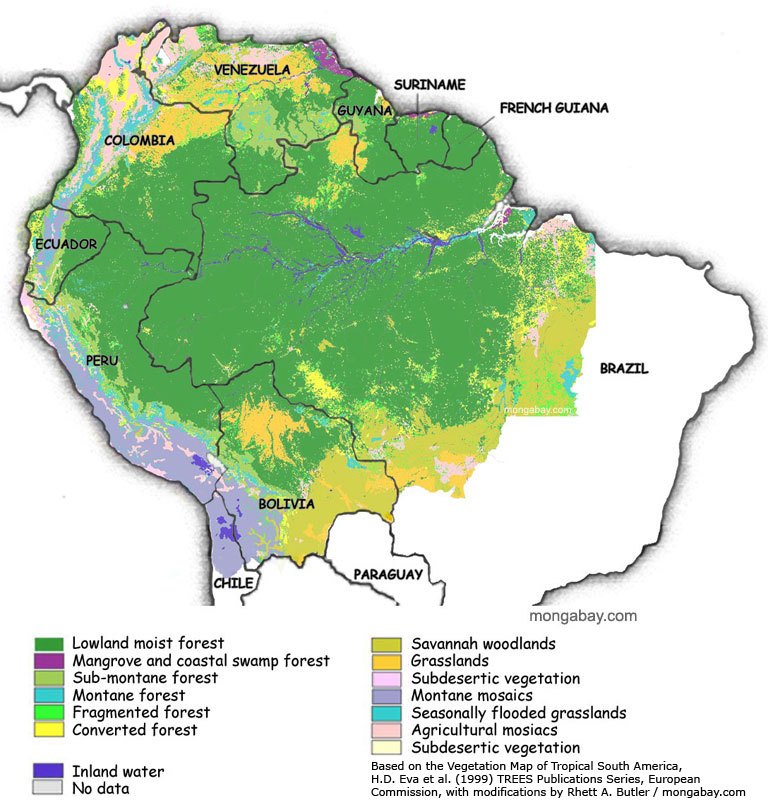From the group project,
I’d like to share two examples of how nature affects the culture of Costa Rica
and Brazil.
When researching Costa
Rica, I tried to understand the formation of the Costa Rican psyche. Costa Rica, located in Central America, is
very unique in comparison to their neighboring countries. Guatemala, El Salvador, Honduras and
Nicaragua have all experienced bloody wars, genocide and political
instability. These four countries,
although of course having their differences, have similar troubled
histories. So why it is that Costa Rica
hasn’t had these problems? Despite the
close quarters of Central America, how did Ticos
avoid this and create their own identity?
Before humans even
inhabited the Earth, these mountains caused Costa Rica to have its own
identity. This identity was then imposed
upon humans when Native Americans inhabited the land for the first time and
continued throughout human history. The
land is different, so the people are different.
Brazil is more complex but a similar way of thinking can be used. “Giant by
thine own nature” (a quote from the Brazilian national anthem), it is hard to
describe Brazil as a whole because there are so much diversity in Brazil partially due to its colossal size. Brazilians are interdependent
which means they view themselves as embedded in relations with others. Their greatest motivation is to help
others. How/why did Brazil become
interdependent?
The vast array of interdependent ecosystems in Brazil has played a huge
role in the formation of the Brazilian psyche.
Brazilians view themselves as equal to other people and to other objects
in nature and as a consequence, their relationships are very close and naturally
very intimate.
The harmony among
all things, living and nonliving, in the vast Amazon Jungle is crucial to
survival. When people inhabited Brazil,
this harmony and emphasis on interdependent relationships was then transferred
over, forming the basis of the Brazil mind and soul.
I tried to be somewhat
brief in these explanations but that is nearly impossible when discussing
anything cultural, especially the formation of a cultural psyche. Basically to answer the prompt of this blog, “tell
us about something you learned through the group project”, what I have learned
can be explained in this rough translation of a quote by Socrates: “I am wiser than this man, for neither of us
appears to know anything great and good; but he fancies he knows something,
although he knows nothing; whereas I, as I do not know anything, so I do not
fancy I do. In this trifling particular, then, I appear to be wiser than he,
because I do not fancy I know what I do not know.”
To summarize Socrates’
quote in relation to this blog: “I [have learned] one thing: that I know
nothing [about the world].”
Alex
Global Supply Chain
Global Supply Chain
Cleveland


No comments:
Post a Comment